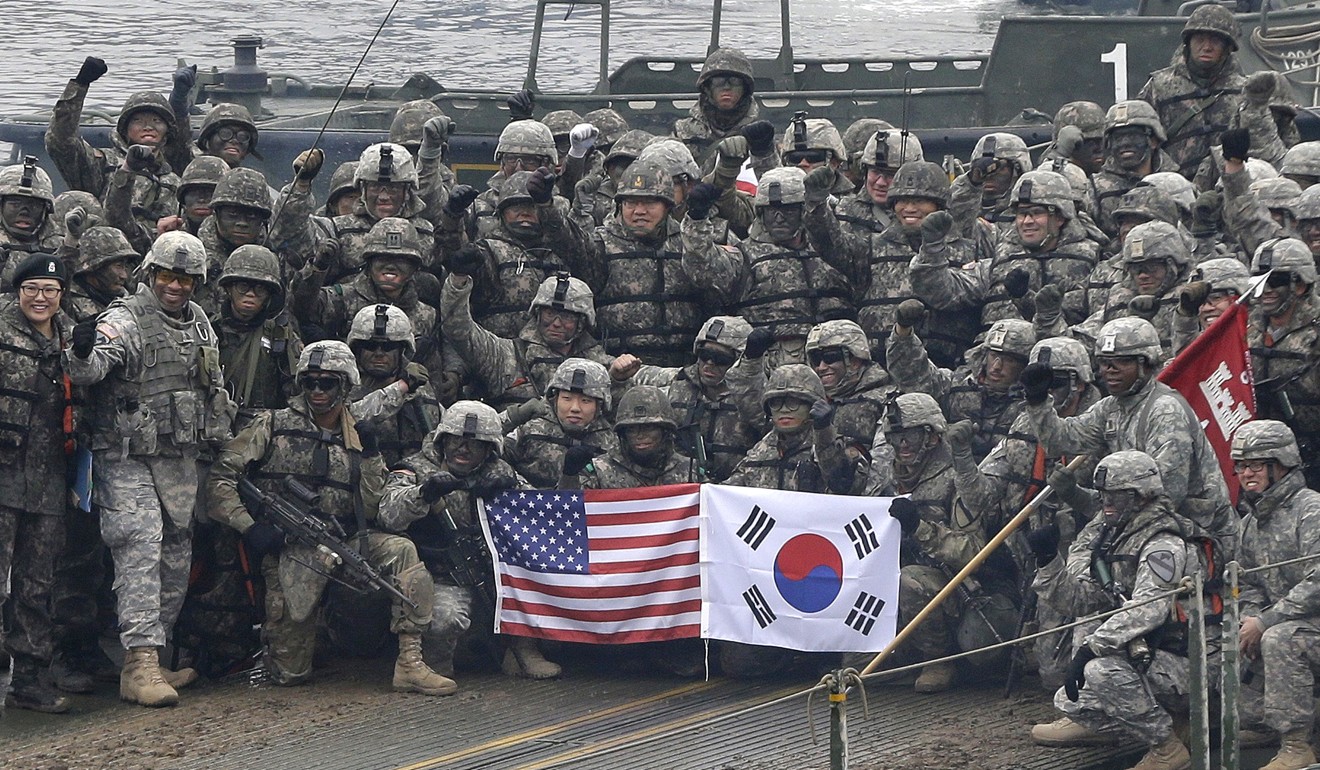
US pressure on Seoul over Huawei taps into fears of North Korea
- Washington hints that access to its sophisticated spying capabilities could be under threat if South Korea does not play ball over China’s 5G giant
- Seoul must weigh the demands of its top security ally, America, and its top trading partner, China
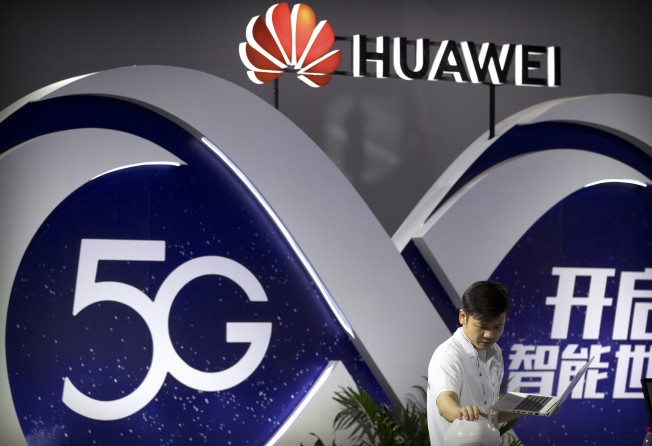
The United States is turning up the heat on its ally South Korea over Huawei, playing on Seoul’s fears of losing access to the intelligence that helps it keep a check on its bellicose northern neighbour.
The pressure campaign, part of a broader effort by Washington to isolate the Chinese tech giant, highlights the dilemma faced by the administration of Moon Jae-in as it tries to maintain a precarious balance between its security ally, the US, and its top trading partner, China.
Among the closest US allies in Asia, Seoul relies on Washington’s intelligence-gathering capabilities to keep tabs on the bellicose North, with which it fought a civil war from 1950-1953 that left up to 4 million people dead. Under a mutual defence pact signed in the aftermath of the conflict, South Korea hosts 28,500 US troops on its soil as a bulwark against provocations by the North, with which it remains technically at war.

“Many people in South Korea are very much concerned that if the Moon Jae-in government does not participate in the US-led anti-Huawei campaign, there will be no exchange of military information between the two countries,” said Kim Jong-ha, a security expert at Hannam University in South Korea’s Daejeon. “Further, this could eventually lead to a breakdown of the alliance.”
In an interview published by South Korea’s Donga newspaper on Monday, Randall Schriver, the Pentagon’s top official for the region, issued a veiled warning against embracing Huawei.
“The United States doesn’t want to see a situation arise where we don’t have confidence in sharing sensitive information with our ally and information being safeguarded,” said Schriver, assistant secretary of defence for Asian and Pacific security affairs.
Asked if it would be difficult to share intelligence on North Korea with Seoul if it relied on Huawei technology, Schriver said: “We hope that situation doesn’t come about.”
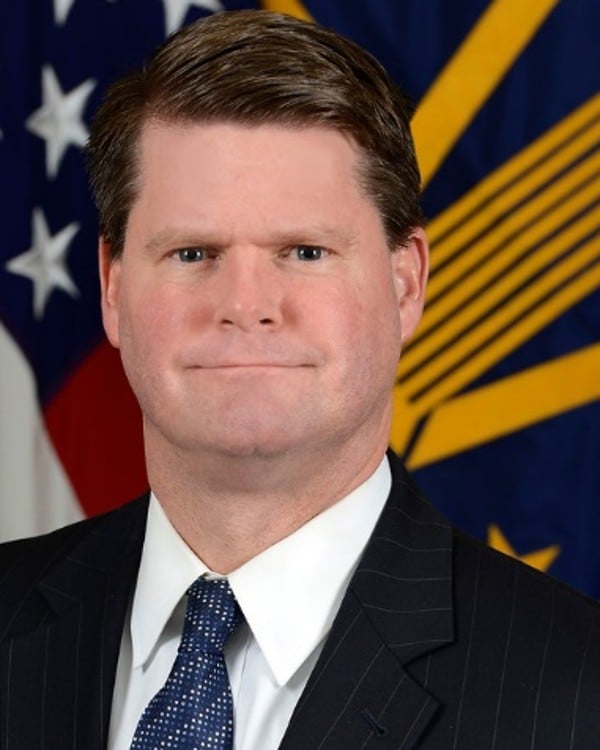
The comments came just weeks after Harry Harris, the US ambassador to South Korea, issued a similar caution about the Shenzhen-based firm.
Harris told the Chosun newspaper on June 7 the US did not want to “expose sensitive security information to an unacceptable risk level” and would “have to re-evaluate how we share information with allies”.
In a speech delivered to the Korea Association of Military Studies on the same day, the envoy said the US was “naturally concerned about the security implications” of Huawei’s involvement in South Korea’s 5G network.
So far, South Korea, which in April became the world’s first country to roll out 5G nationwide, has left the decision to use Huawei technology in the hands of local telecoms firms, refusing to take a position on the escalating rivalry between Washington and Beijing.
“Moon wants to defer any decision-making responsibility on Huawei to Korean companies,” Choo Jae-woo, a professor of Chinese foreign policy at Kyung Hee University in Seoul. “He has no clue as to how the matter constitutes a national security issue.”
Among the country’s three carriers, LG Uplus, the smallest, has tapped Huawei base stations and transmitters for its service, with the others choosing equipment from Samsung Electronics, Ericsson and Nokia.
Huawei, for its part, has taken a low-key approach to its engagements in South Korea to avoid stirring controversy. In May it unveiled an 5G laboratory in the Junggu district of Seoul, but did not invite media to the launch.
Although Moon has not addressed the controversy personally, unnamed officials in his administration have stressed that Huawei’s involvement in 5G services is not connected to networks for use by the US and South Korean military. This month, the Ministry of Foreign Affairs said the government would look at measures that “respect corporate autonomy” without impacting the security of military communications.
The presidential Blue House declined to comment to the South China Morning Post, referring questions to the Ministry of Foreign Affairs and the Ministry of Trade, Industry and Energy.
The Trump administration has blacklisted Huawei in the US on espionage and intellectual property fears, banning US firms from supplying the company without special permission, and pressured allies to similarly shun the company.
In April, Robert Strayer, a top cybersecurity official at the US State Department, said Washington would reconsider information sharing with Southeast Asian allies that use the tech giant’s technology.
Along with North Korea, Huawei is among the topics likely to be on the agenda when US President Donald Trump holds talks with Moon on Sunday in Seoul, following his attendance at the G20 summit in Osaka, Japan.
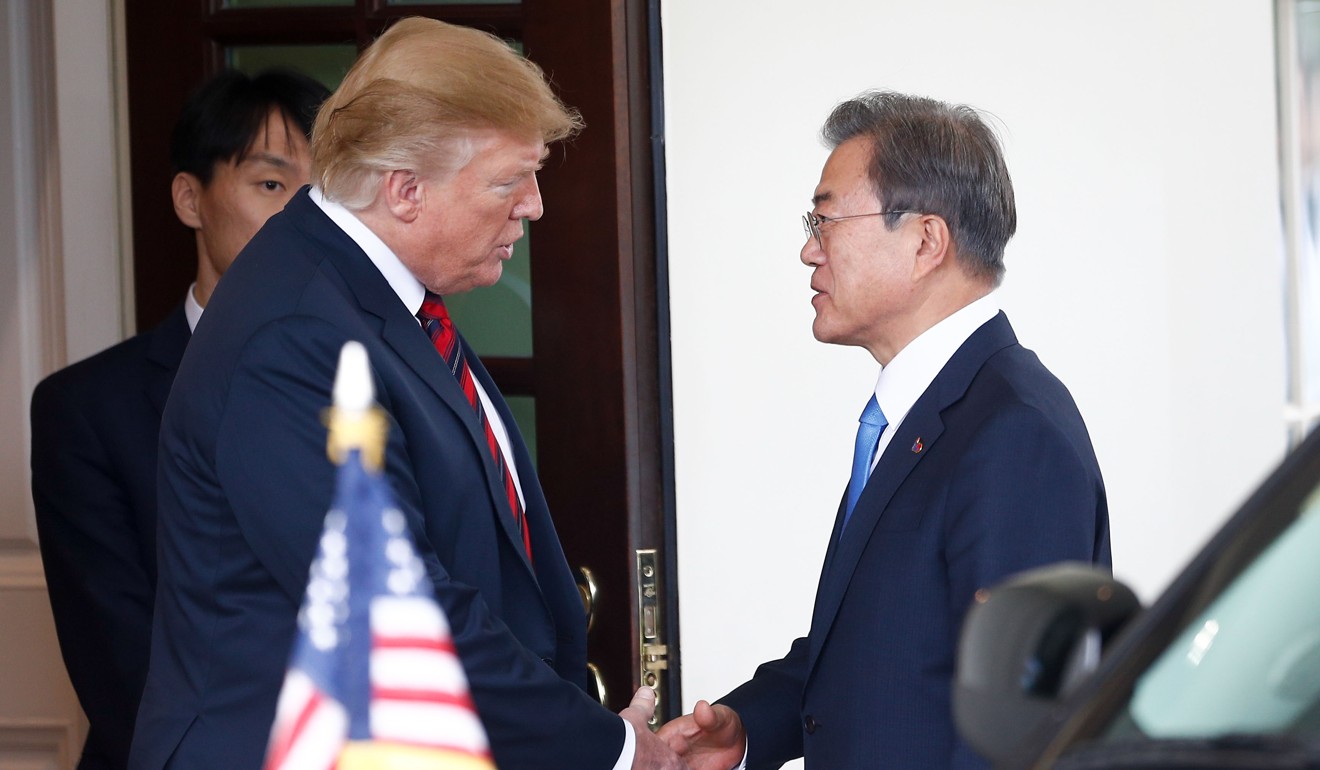
Daniel Pinkston, a former Korean linguist in the US Air Force who now lectures at Troy University in Seoul, said South Korea’s national security could take a hit without US intelligence gathered through advanced technology such as spy satellites.
“The Republic of Korea does not have the sophisticated ISR [Intelligence, surveillance and reconnaissance] platforms that can ‘see’ deep into North Korea near the Chinese border, and therefore intel sharing is important to Seoul to make up for those gaps,” Pinkston said.
“If the armistice were to collapse and we were to return to wartime conditions, intel sharing would be critical to sustain a combined effort operationally, tactically, strategically, and politically.”
South Korea’s calculation is complicated by its heavy economic reliance on China, to which it sends about one quarter of its exports – not least because of recent memories of economic retaliation by Beijing. After Seoul deployed a US anti-missile defence system on its soil in 2017, Beijing instituted an unofficial boycott of South Korean tourism that cost the industry an estimated 7.5 trillion won (US$6.7 billion) between January and September of that year, according to South Korea’s parliamentary budget office.
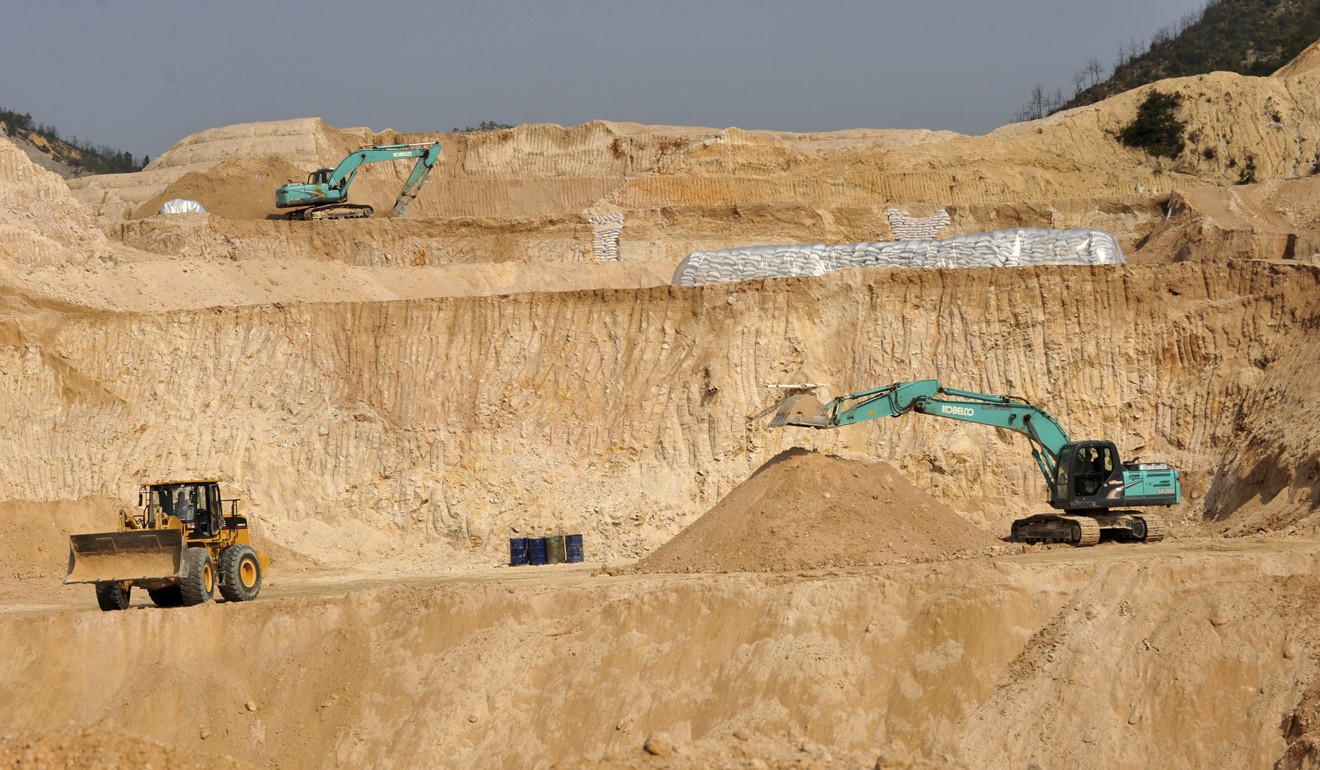
Sungku Jang, a fellow with the Asan Institute for Policy Studies in Seoul, said the Moon administration was especially mindful of South Korea’s dependence on Chinese rare earths that are crucial to the country’s electronics industry epitomised by behemoths such as Samsung and LG.
“If South Korea sanctioned Huawei … China would take revenge against Korean companies by forbidding the sale of rare earths,” said Jang. “South Korea gets more than half of its rare earths from China.”
Chung Chien-peng, a political-science professor at Lingnan University in Hong Kong, said South Korea was unlikely to follow Washington’s stance on Huawei.
“As with most countries in East and Southeast Asia, South Korea hedges; militarily on the side of the United States, and economically on the side of China,” said Chung. “South Korea is not likely to join the US in boycotting Huawei, as Seoul has significant trade and investment interests in and from China, and also because China would be furious if it does.”
Kim, of Hannam University, said Moon appeared to have no alternative but to attempt a precarious balance between Washington and Beijing.
“It is really embarrassing to say, but the Moon government does not know what to do,” said Kim.